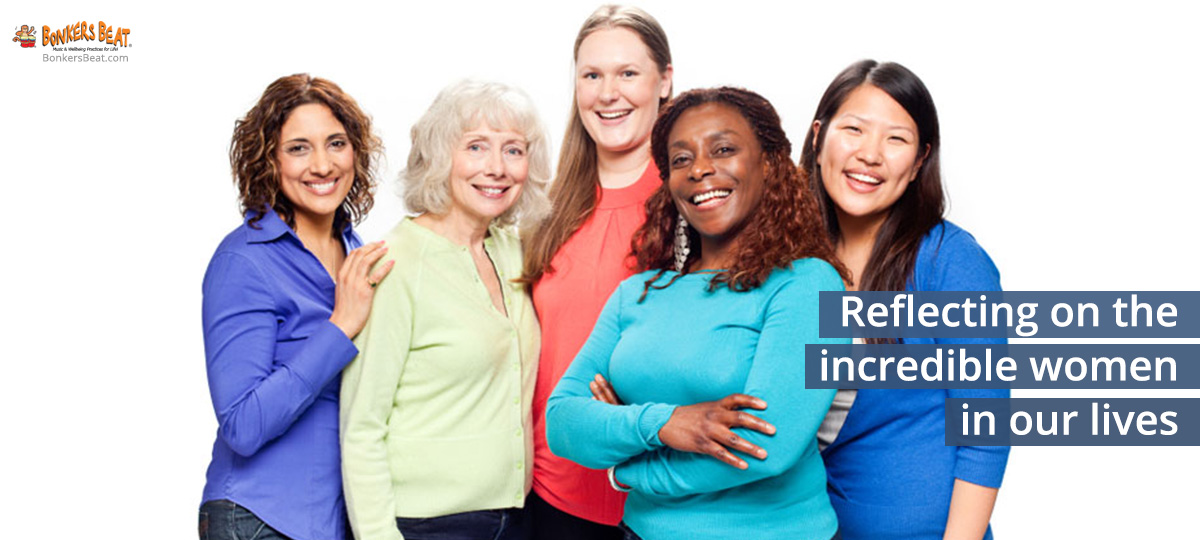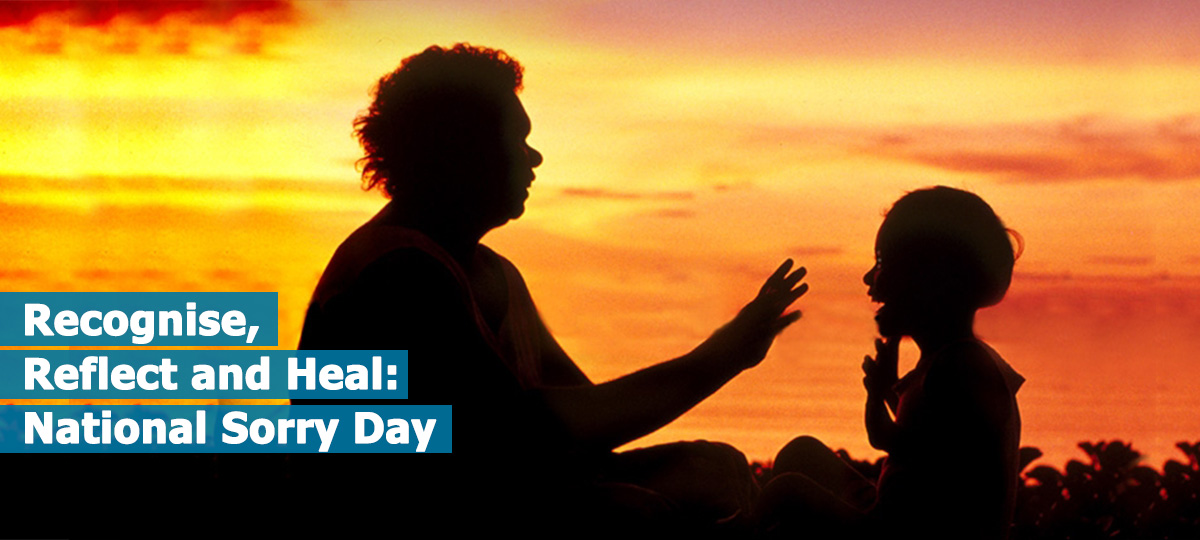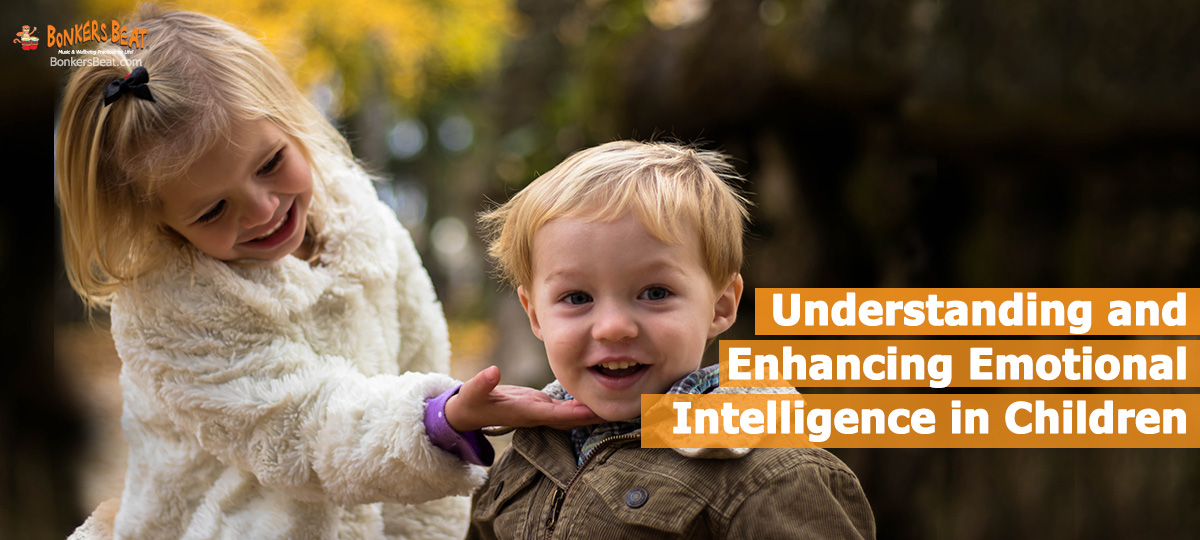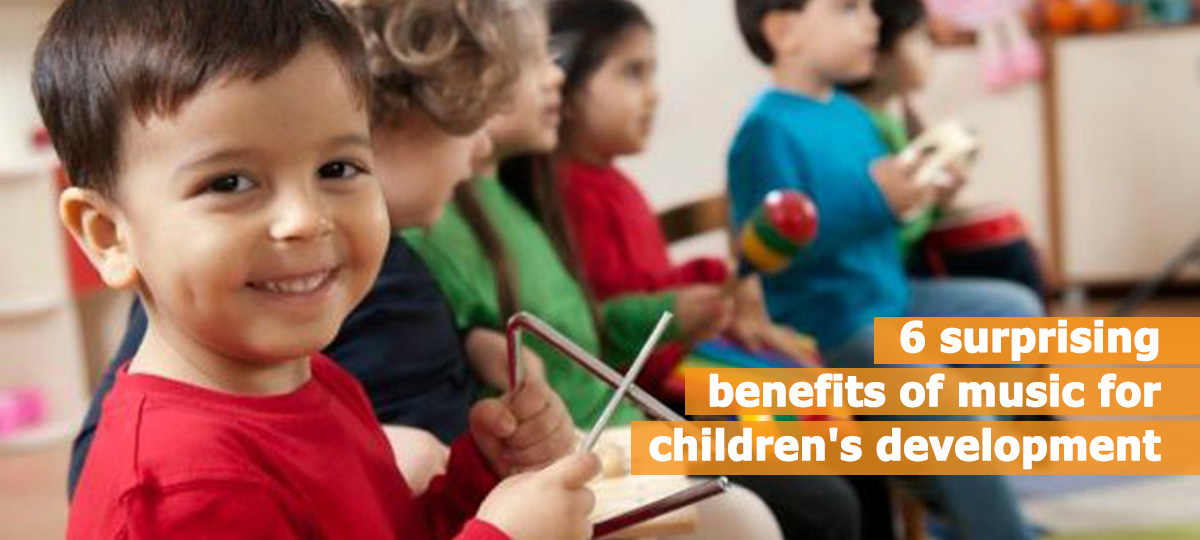With Mother’s Day on Sunday, we have been doing a lot of thinking about the role of women not only in our personal lives but in our professional lives too. With around 97% of early childhood educator positions filled by women, working in childcare we are frequently reminded of the wonderful women we are surrounded by.
While not all women become mothers, all mothers are women. This Mother’s Day we celebrate mums, aunties, grandmothers as well as all the special female role models in our lives and the lives of children. This certainly includes all the special early childhood educators who support and guide children, and also provide support to mums who are often juggling children, work, family and other commitments.
Each day in centres we see so many mums dropping off their children before heading to work, study, to organise the family home and run errands in support of their families. We see educators coming in to work to provide loving care for many children, some who arrive after getting their own children sorted for school or care.
Among all these women we are continually in awe of their caring nature and willingness to learn and help. We see women with incredible commitment to their families, their work and supporting those around them, and we see the heart and passion by which they are driven. This Mother’s Day we’ll be celebrating you all and sending out a big THANK YOU for all you do.
Next week, we’re going to be in the presence of many women who do incredible work in shaping the next generation at ELAA’s 2019 Early Childhood Education Conference held in Melbourne over May 17 and 18. (If you haven’t registered yet, there is still time: click here).
Bonkers Beat will be sharing the message of ‘Empowering Educators to Create Pathways to Children’s Wellbeing’ in the conference poster exhibition. Galina is looking forward to seeing all the friendly faces so make sure you come and say hello to Galina and Bonkers the Monkey! In fact, those who visit us will even get a special gift from Bonkers. If you can’t make it along to the ELAA Conference, hopefully you can join us at our upcoming free event in Melbourne, ‘7 Stones’. Click here to claim your free spot now.
Speaking of gifts, to help celebrate Mother’s Day and all the incredible women in our lives, please enjoy access to our Bonkers Beat Mother’s Day poem here. Many children enjoy performing this poem for their mums on Mother’s Day or reciting it together at your centre’s Mother’s Day celebration.





